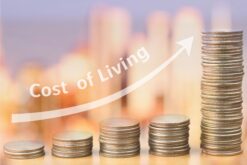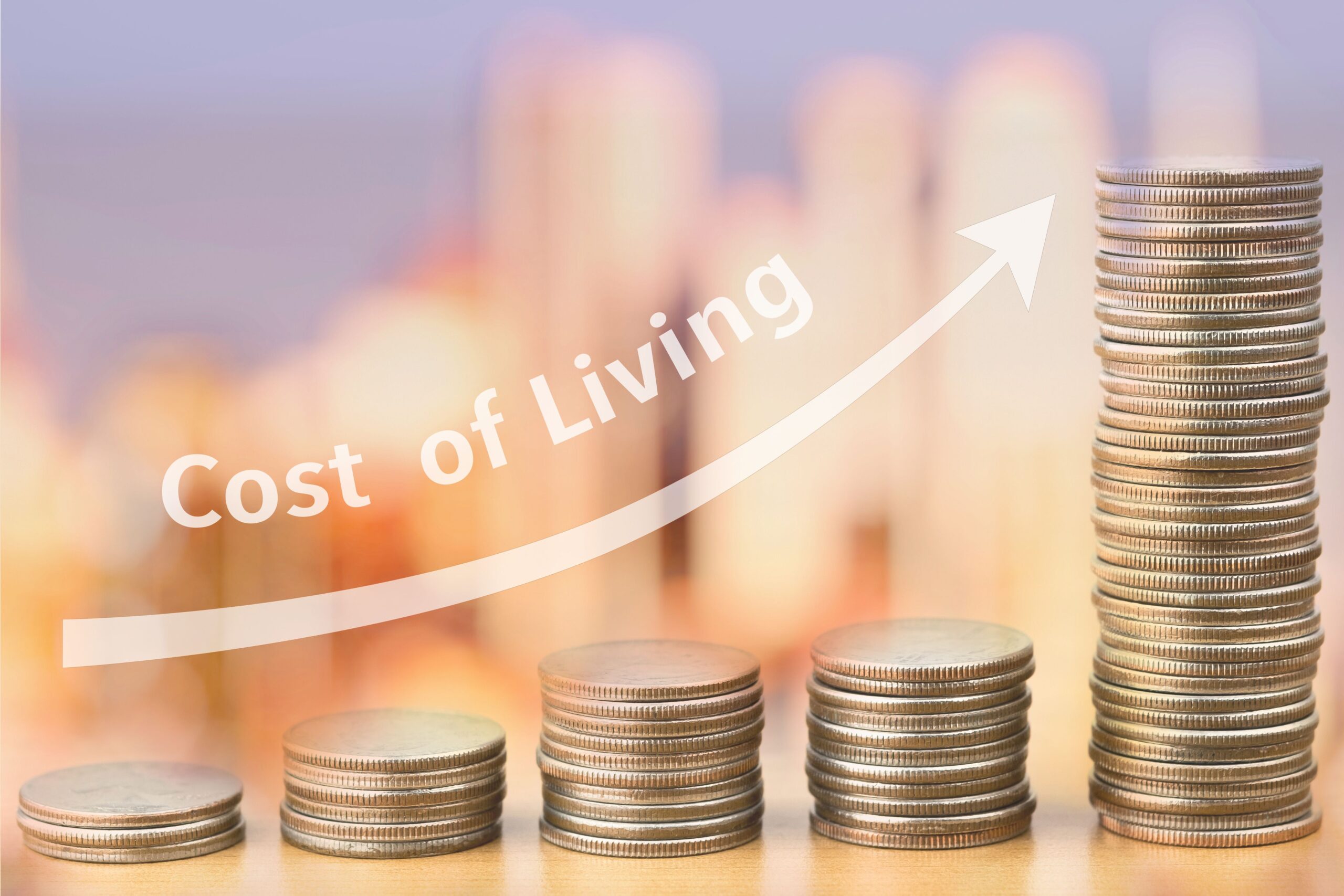
How will increases to your living expenses affect your IVA? What can you do if you are struggling to keep up with your monthly payments?
Included in this article:
- How will increasing living expenses affect your IVA?
- Is taking a payment break the answer?
- Are you allowed to reduce your IVA payments?
- What if you simply can’t pay?
Already in an IVA and need help?
Give us a call: 0800 011 4712 or complete the form below to speak to one of our experts
How will increasing living expenses affect your IVA?
Your IVA payments are based on your surplus income which was calculated when you started the agreement. In other words, the amount you were left with after all your agreed living expenses were deducted from your income at that time.
Where any of your expenses rise significantly (without a corresponding increase in your income), your surplus will fall. It will therefore become difficult to keep paying your IVA.
2022 will see significant living expenses increases. The cost of energy is an obvious example. In April, the energy price cap is increasing. This will mean over 20 million households will see their monthly electricity and gas bills increase by an average £60. For many it will be significantly more than this.
If you add other increases particularly in the areas of food and petrol, it seems increasingly likely that many living expenses budgets will see monthly increases of at least £100. If your income does not rise at the same rate, it stands to reason that you will have a smaller surplus and you will struggle to pay your IVA.
Many IVAs are based on payments of no more than £100/mth. If surplus income falls by just £50/mth, these agreements will no longer be sustainable.
Is taking an IVA payment break the answer?
If you find yourself struggling to pay your IVA, a payment break is the first option you can consider. However, this will only help if the reason you can’t pay is temporary. A good example of this would be if you have an unexpected financial emergency. Perhaps you need to replace your washing machine.
The extra funds you save during the break can be used to see you through the emergency. But once this period comes to an end, you are confident you will be able to start paying the agreed amount again.
A permanent reduction in your surplus income because of long term increase in your living expenses can’t be solved like this.
It might be useful to take a month or twos break while you work out what to do. But ultimately, this is just prolonging the problem. The fact is, you simply won’t be able to afford to start your agreed payments again.
A payment break will not solve a permanent fall in your surplus income. If you can’t balance your increasing living expenses with increased income, you will need a different solution.
Are you allowed to reduce your IVA payments?
In theory, it is possible to reduce the amount you pay into your IVA. Under the terms of the agreement, the company managing it probably has discretion to reduce your payments by up to 15%. There will also be an option to get agreement from the creditors to reduce the payment amount even more.
However, and this is the catch, whether or not your payments can be reduced depends on the amount you are already paying.
There is only scope to reduce your payments if, after the reduction (and and corresponding extension of the number of payments), the IVA remains financially viable. In other words, you are still able to pay sufficient funds to cover both the IVA company fees and a reasonable return to your creditors.
This may be the case if your payments have been £300-£400/mth or more. However, if you are paying £100/mth or less, reducing this further is probably impossible. The resulting reduced payments would simply not be sufficient to pay for the running costs of the agreement, let alone provide any return for your creditors.
It is unlikely that you will be able to permanently reduce your IVA payments if they are already £100/mth or less.
What if you simply can’t pay your IVA?
Where the increase in your living expenses means there is no way you can continue with your IVA, you will need to consider the following options.
First, do you know anyone who can provide a lump sum to settle the Arrangement? The amount required would normally be the equivalent of your remaining outstanding payments.
If raising a lump sum is not possible, you will likely have to stop your IVA altogether. In fact, you can actually cancel it at any time. The downside however, is that you are still going to be left with much of the debt you originally owed. You are still liable to pay this and so will need a plan for how you will manage it.
It might be possible to start a debt management plan (DMP). But if the mount you can pay towards your debts is less than £100/mth, this solution is probably not viable. Alternatively (and particularly if you are not a home owner) you should look at the options of Bankruptcy or DMP. These solutions do not require you to make any further monthly payments. After just 12 months you will be debt free.
Need more advice about your options if you can’t pay your IVA? Call us (0800 011 4712) or complete the form below for a free, confidential chat.


